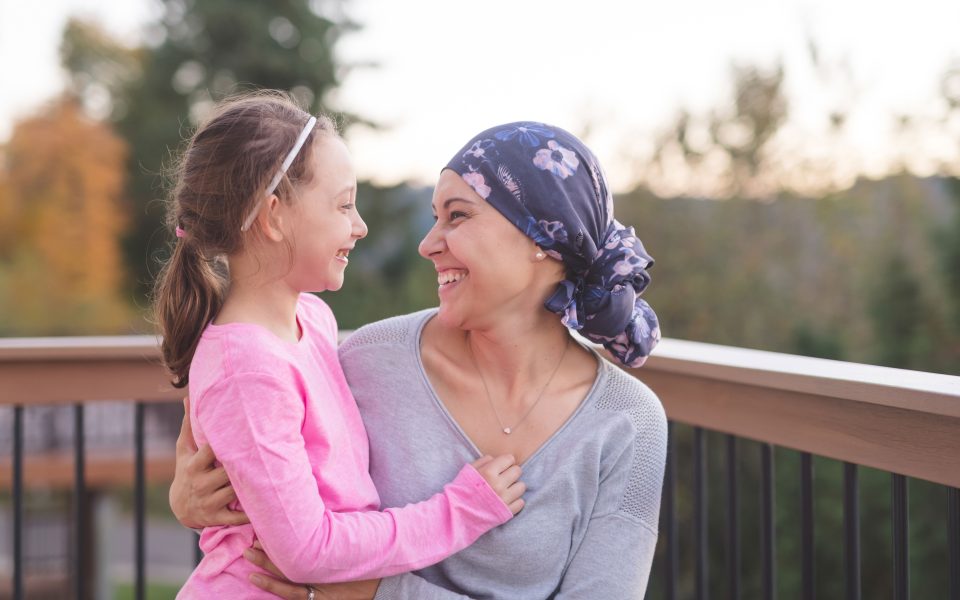Esophageal Cancer Expertise, Close to Home
 Esophageal cancer begins in the cells that line the esophagus, and can be associated with long-term gastroesophageal reflux disease (GERD) symptoms. As with many cancers, esophageal cancer has a greater chance of being treated if the cancer is caught early. The key to surviving esophageal cancer is early detection.
Esophageal cancer begins in the cells that line the esophagus, and can be associated with long-term gastroesophageal reflux disease (GERD) symptoms. As with many cancers, esophageal cancer has a greater chance of being treated if the cancer is caught early. The key to surviving esophageal cancer is early detection.
Our board-certified medical oncologists will work with a multidisciplinary team, including gastroenterologists, radiation oncologists, surgical oncologists and other specialists, to ensure that you are receiving the most complete care possible.
To learn more about the care we offer for esophageal cancer, contact our Cancer Care team at 740-687-6900.



